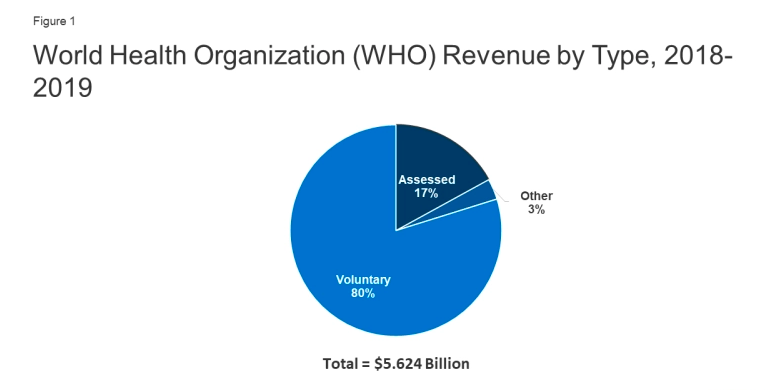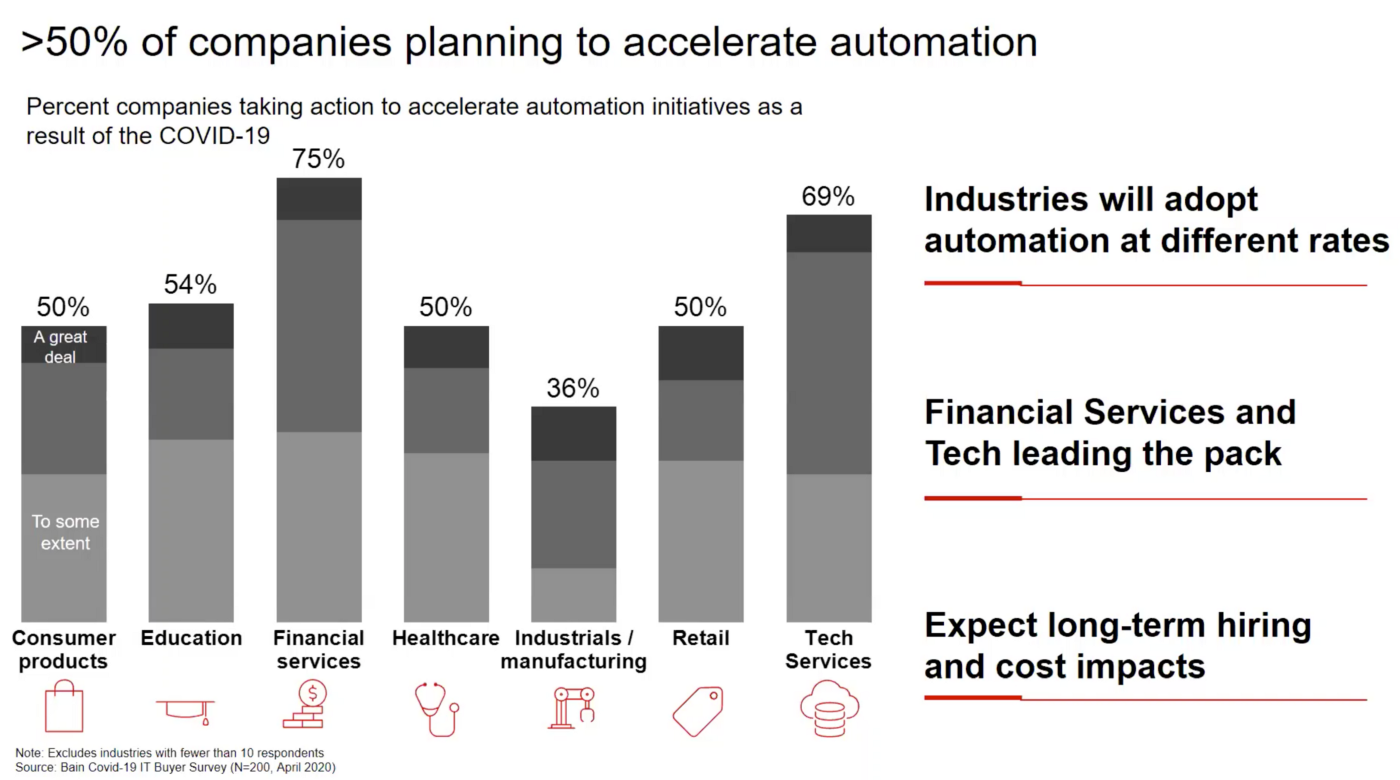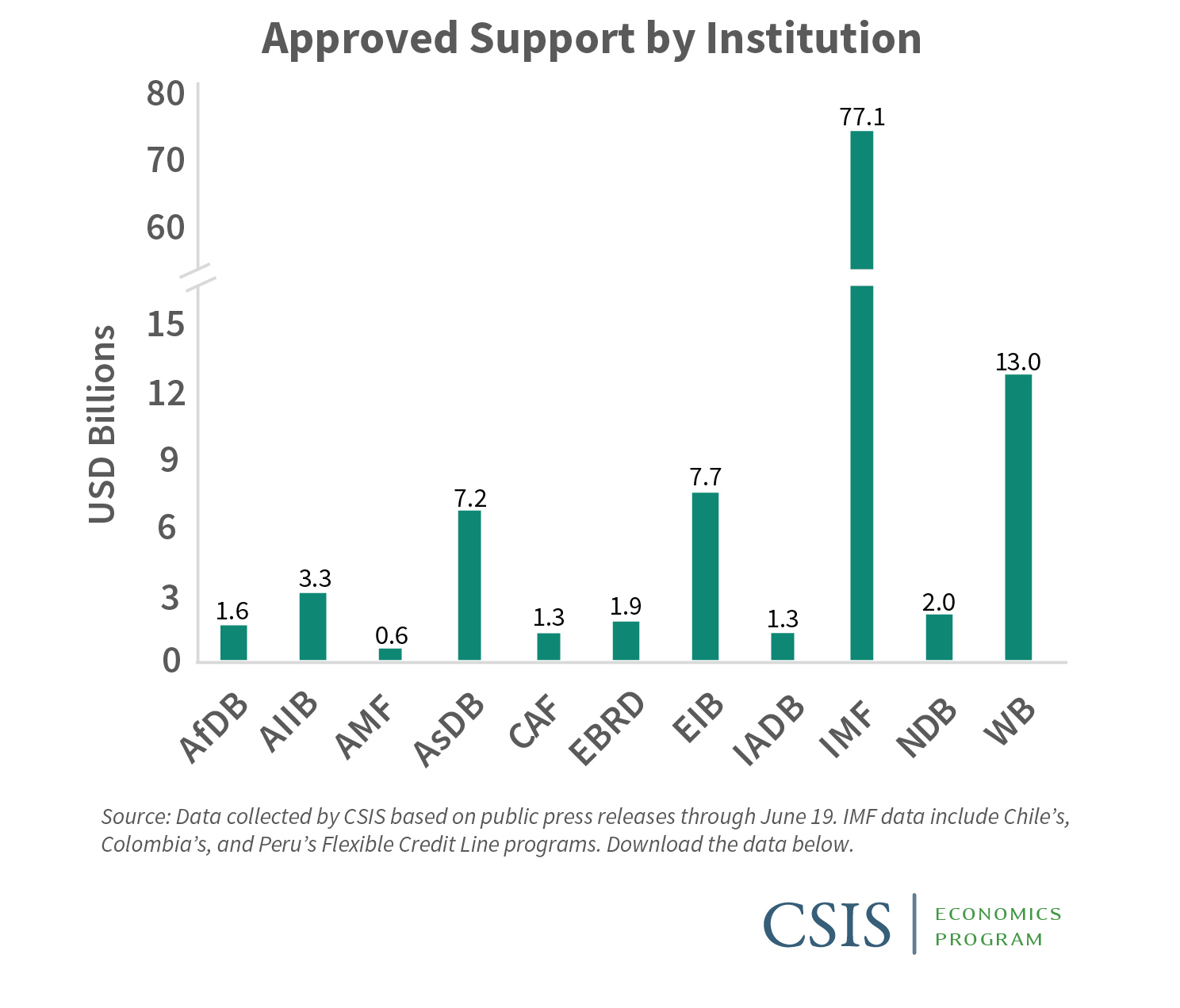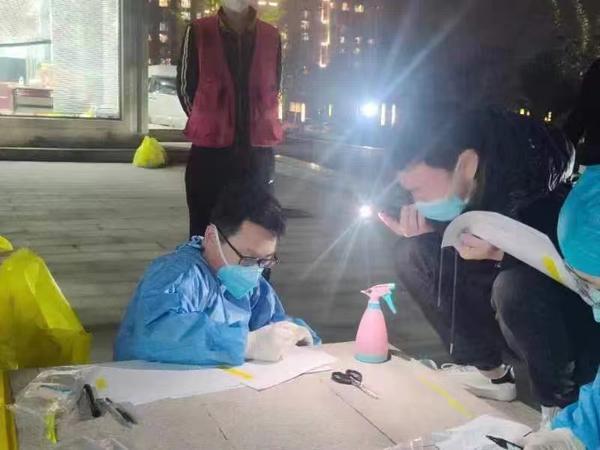The COVID-19 pandemic, officially named the "Coronavirus Disease 2019," has reshaped the global landscape in ways that will be felt for years to come. This unprecedented health crisis has not only posed a significant threat to public health but has also had far-reaching consequences on economies, social structures, and the daily lives of billions worldwide. This article delves into the origins of the virus, its global spread, the impact on health systems, economic fallout, and the efforts made by nations and international organizations to combat the pandemic.
The Origins and Spread of COVID-19
The COVID-19 pandemic emerged in late 2019 in Wuhan, China, and quickly spread globally due to its high transmissibility. The virus, a member of the coronavirus family, was initially identified as a novel strain that had not been previously seen in humans. Its rapid spread was attributed to a combination of factors: the high infectivity rate, lack of natural immunity among the global population, and the initial lack of effective containment measures. The World Health Organization (WHO) declared the outbreak a pandemic on March 11, 2020, marking a turning point in the global response to the crisis.
Health Impact: A Global Health Emergency
The COVID-19 pandemic has caused millions of infections and hundreds of thousands of deaths globally. It has exposed weaknesses in healthcare systems across the world, particularly in low- and middle-income countries where resources are limited and access to medical care is often limited. The virus has led to a surge in hospitalizations, intensive care unit admissions, and deaths, overwhelming healthcare facilities in some regions. The elderly and those with pre-existing conditions are particularly vulnerable to severe illness and death.
The pandemic has also highlighted the importance of public health measures such as social distancing, mask-wearing, and vaccination. While these measures have been effective in mitigating the spread of the virus, their implementation has been challenging due to public resistance, misinformation, and economic disruptions.
Economic Impact: A Global Economic Meltdown
The economic impact of COVID-19 has been profound and far-reaching. The pandemic has led to a global recession, with many countries experiencing their worst economic downturns since the Great Depression. Businesses have been forced to close or operate at reduced capacity, leading to job losses on an unprecedented scale. The International Labour Organization estimates that 25 million jobs were lost in the first half of 2020 alone. Small and medium-sized enterprises (SMEs), which are crucial for employment and economic activity in many countries, have been particularly hard hit.
The tourism, hospitality, and aviation industries have been particularly affected, with revenue plummeting as travel restrictions and border closures curtailed international travel. The decline in consumer spending and business investment has further compounded the economic downturn. Governments have responded with massive fiscal stimulus packages and central bank interventions to try to mitigate the economic fallout, but these measures have come with significant debt burdens for many countries.
Social Impact: Disruptions and Inequalities
The pandemic has disrupted social structures on a global scale. Education systems have been disrupted, with schools closing and online learning becoming the norm for millions of children worldwide. This has had a profound impact on children's education and mental health, as well as exacerbating inequalities between those with access to technology and those without. The digital divide has become more pronounced during the pandemic.
The pandemic has also led to an increase in domestic violence and mental health issues as stress levels rise and social connections weaken. Lockdown measures have isolated individuals from support networks and forced them to navigate new realities of living with uncertainty and fear. Mental health services have been overwhelmed in many countries due to the surge in demand for support.
International Cooperation and Vaccination Efforts
In response to the pandemic, international cooperation has been both a challenge and an opportunity. The WHO has played a crucial role in coordinating global efforts to contain the virus through sharing information, providing technical assistance, and advocating for equitable access to vaccines and treatments. However, the pandemic has also exposed divisions between rich and poor nations, with many low-income countries struggling to procure essential medical supplies and vaccines due to limited resources and inadequate global distribution mechanisms.
转载请注明来自爬爬百科,本文标题:《COVID-19,全球健康、经济与社会的全面影响分析》












 京ICP备11000001号
京ICP备11000001号
发表评论